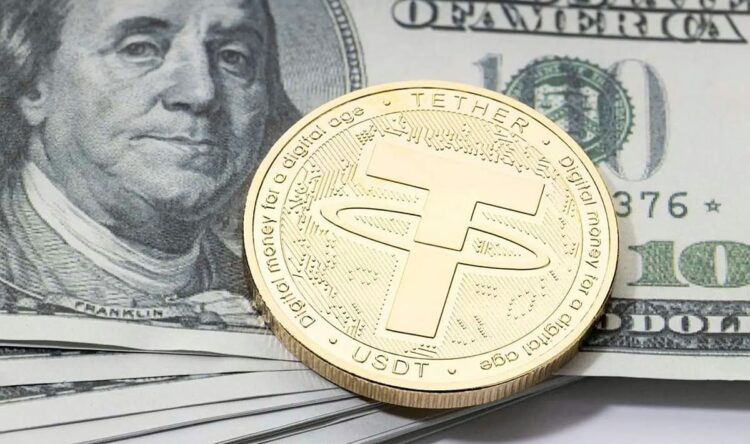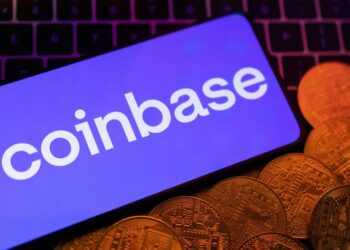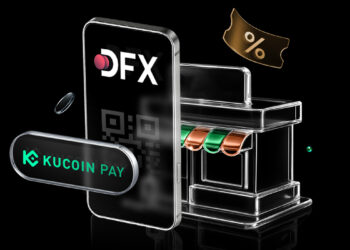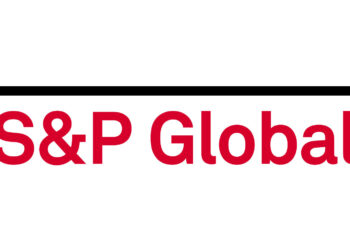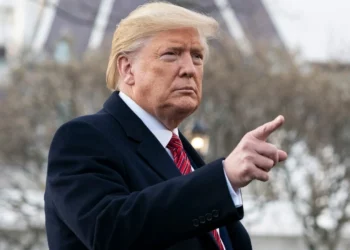Quick Breakdown:
- Bolivia faces a severe foreign exchange crisis with a 98% drop in USD reserves since 2014.
- To adapt, major automakers Toyota, Yamaha, and BYD now accept Tether\’s USDT for vehicle purchases.
- This follows Bolivia\’s 2024 crypto ban lift, which enabled stablecoin adoption to protect purchasing power amid currency instability.
Major Automakers shift to stablecoin amid reserve crisis
Toyota, Yamaha, and BYD have started accepting Tether’s USDT stablecoin for vehicle purchases in Bolivia, marking a significant financial pivot as the country grapples with a drastic decline in its US dollar reserves. According to Trading Economics, Bolivia’s foreign exchange reserves have collapsed by 98% over the past decade, dropping from $12.7 billion in 2014 to just $171 million by August 2025. This steep decline has eroded confidence in the boliviano, prompting consumers and businesses to seek more stable alternatives like USDT, a dollar-backed stablecoin that serves as a “digital dollar” for many in emerging markets.
Tether CEO Paolo Ardoino confirmed the adoption, and crypto security firm BitGo verified the first USDT-powered vehicle transaction at a Toyota dealership in Bolivia, where banners promote \”easy, fast, and safe\” payments using USDT.
Toyota, BYD, Yamaha accepting USDT in Bolivia
\”Tu vehiculo en dolares digital\”
USDT is the digital dollar for hundreds of millions in the emerging markets.
Ubiquity. pic.twitter.com/0X0SH3USXX— Paolo Ardoino 🤖 (@paoloardoino) September 21, 2025
Bolivia’s crypto adoption accelerates after ban lift
Bolivia’s landmark decision to lift its long-standing 2024 crypto ban opened the door for banks to process bitcoin and stablecoin transactions, accelerating crypto adoption as a tool to navigate worsening dollar shortages. The country’s largest state-owned oil and gas firm also received government approval earlier this year to accept crypto for fuel imports, demonstrating institutional acceptance.
Bolivia’s experience mirrors regional trends where inflation and currency instability have driven Latin American countries to embrace stablecoins like USDT and USDC as trusted financial instruments.
This shift by leading automakers in Bolivia underlines stablecoins’ growing importance in areas burdened by fiat currency volatility. It also reflects a broader fintech innovation wave in Latin America, where digital assets are becoming indispensable in stabilizing trade and maintaining economic activity.
DBS, Franklin Templeton, and Ripple are partnering to launch tokenized trading and lending for institutional investors on the XRP Ledger. This initiative will list sgBENJI, a tokenized money market fund, and the stablecoin Ripple USD (RLUSD) on the DBS Digital Exchange, meeting institutional demand for regulated on-chain investment products.
If you would like to read more articles like this, visit DeFi Planet and follow us on Twitter, LinkedIn, Facebook, Instagram, and CoinMarketCap Community.
Take control of your crypto portfolio with MARKETS PRO, DeFi Planet’s suite of analytics tools.”

